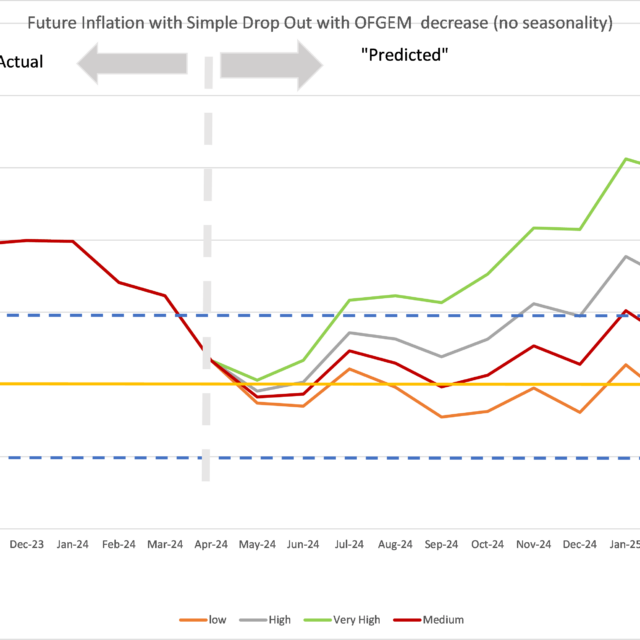Bond Markets React to Summer Elections
 Pub. Date
Pub. Date
26 June, 2024
 Pub. Type
Pub. Type

Main points
- The 10-year UK government bond (gilt) yield was rising from early 2022 to mid-2023 due to the Bank of England’s monetary tightening cycle, but has since been relatively stable. In the second quarter of 2024, the 10-year gilt yield has averaged 4.2 per cent, rising from 4.0 per cent in the first quarter of the year, driven by volatile short-term interest rate expectations and more recently, a rising term premium. Both developments may reflect increased uncertainty in markets following recent political events.
- With inflation falling to 2 per cent in May, we believe that, conditional on inflationary developments, the MPC may begin its monetary loosening cycle in August. The MPC could consider publishing a forecast for the path of interest rates in its Reports, as is done in other central banks. This would help adjust markets’, and the wider public’s expectations, to a particular, but not definite, trajectory of monetary loosening – potentially preventing future volatility in the gilt market.
- Most European countries, except for Germany, saw a slight uptick in term premia in June. This may be a consequence of the European Parliamentary elections, and the decision to call an election in France, given significant movements in our estimates of risk premia on impact following these events. Notably, the gap between France and Germany’s 10-year bond yields is back to levels last seen during the 2017 French Presidential Election. Uncertainty over which parties will gain control in France adds to geopolitical risk that will affect the euro area more widely.
- The Federal Reserve remains cautious against an early interest rate cut given a stickier than expected inflation rate and a continuing strong labour market performance. Therefore, despite gradually falling, US treasury yields remain high due to elevated interest rate expectations and upwards-trending risk premia.
“In the second quarter of 2024, the 10-year UK government bond (gilt) yield has fluctuated around 4.2 per cent, rising from 4.0 per cent in the first quarter of the year, driven by slightly rising but volatile short-term interest rate expectations and more recently, a rising term premium. Both developments may reflect increased uncertainty in markets following the announcement of the UK general election. Further, upwards-trending co-movements in term premia estimates in both British and European economies following the European Parliament elections are suggestive of spillovers of international risk and uncertainty.”
Paula Bejarano Carbo, Economist























